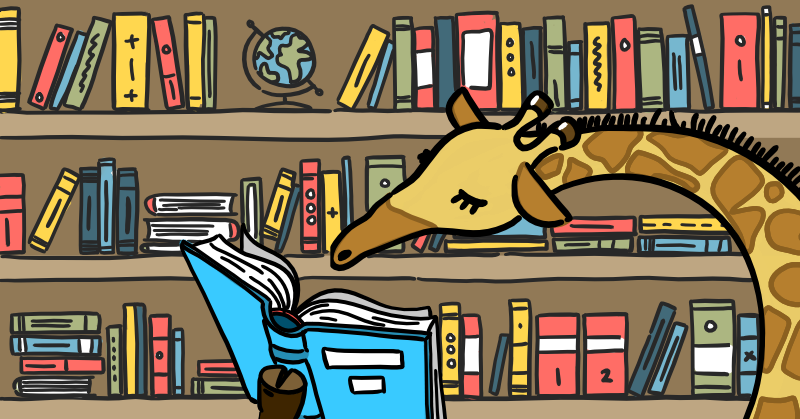Charts, Storms, Law, Go, Children
What Does Your Chart Say?
Andrew Gelman & Jessica Hullman | Wired | 25th August 2020
A thinking person's introduction to data visualisation. We make graphs for two reasons: To spot something new in our data, and to communicate our findings to others. Modern statistical displays of data — grids of scatterplots for inspecting correlations, for example — succeed by "being transparent and allowing trends in the data to stand out". Classic data visualisations, by contrast, often succeed by being "a bit opaque — a puzzle that a reader figures out" (2,100 words)
The Making Of A Disaster
Andy Horowitz | Lapham's Quarterly | 7th July 2020
What Hurricane Katrina teaches us about disasters. There is rarely such a thing as an entirely "natural" disaster. Even when nature is the proximate cause of a disaster, as with Katrina, the effects are almost always a function of human preparedness and human solidarity. "When people with power seem to recover quickly, [they] celebrate themselves for beating the odds, without acknowledging the ways that history had loaded the dice in their favor" (1,950 words)
Murder In Space
Sam Kean | Slate | 15th July 2020
What happens if you murder somebody in a place with no laws? There was something of a test case in 1970 when one civilian killed another at a US Army research station on an ice floe near the North Pole. The floe was outside any territorial waters; the Law of the Sea applied only to navigable waters, which these were not; America decided to pursue and prosecute the killer anyway; he got off. Next question: How will we deal with the first murder in Space? (2,220 words)
The Impact Of AlphaGo
Hajin Lee | Medium | 23rd August 2020
The life of a Go player was "considered similar to that of a philosopher, a scholar, an artist, or a monk" — at least until 2016, when a computer programmed by Google beat the world's top human player and thereby plunged professional Go players into an existential crisis. Many have abandoned the game. Those who continue to play are changing their style. "On the pro circuit, it’s a unanimous belief that you need to play like an AI to win" (1,020 words)
Notes On The Anthropology of Childhood
Julia Wise | The Whole Sky | 27th August 2020
An American mother reads David Lancy's Anthropology Of Childhood, and finds herself reappraising her own parenting habits. "A few things that shifted for me: I feel less obliged to entertain my children and intervene in their conflicts; I feel some relief that not having endless patience for toddlers seems to be normal; it surprised me that childcare by non-parents was so common; I was surprised at how apparently universal it is for fathers to be uninvolved" (13,800 words)
Video: Wandaland | Richard Noble. Animation. The rise and fall of a fictitious media tycoon — imagine Walt Disney crossed with Charles Foster Kane (6m 07s)
Audio: The Tyranny Of Merit | TED. Michael Sandel on why meritocracy sounds like a good idea in principle, but leads to perverse results in practice (9m 11s)
Afterthought: "Chaos breeds geniuses. It offers something to be a genius about" — B. F. Skinner
